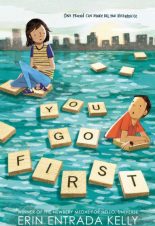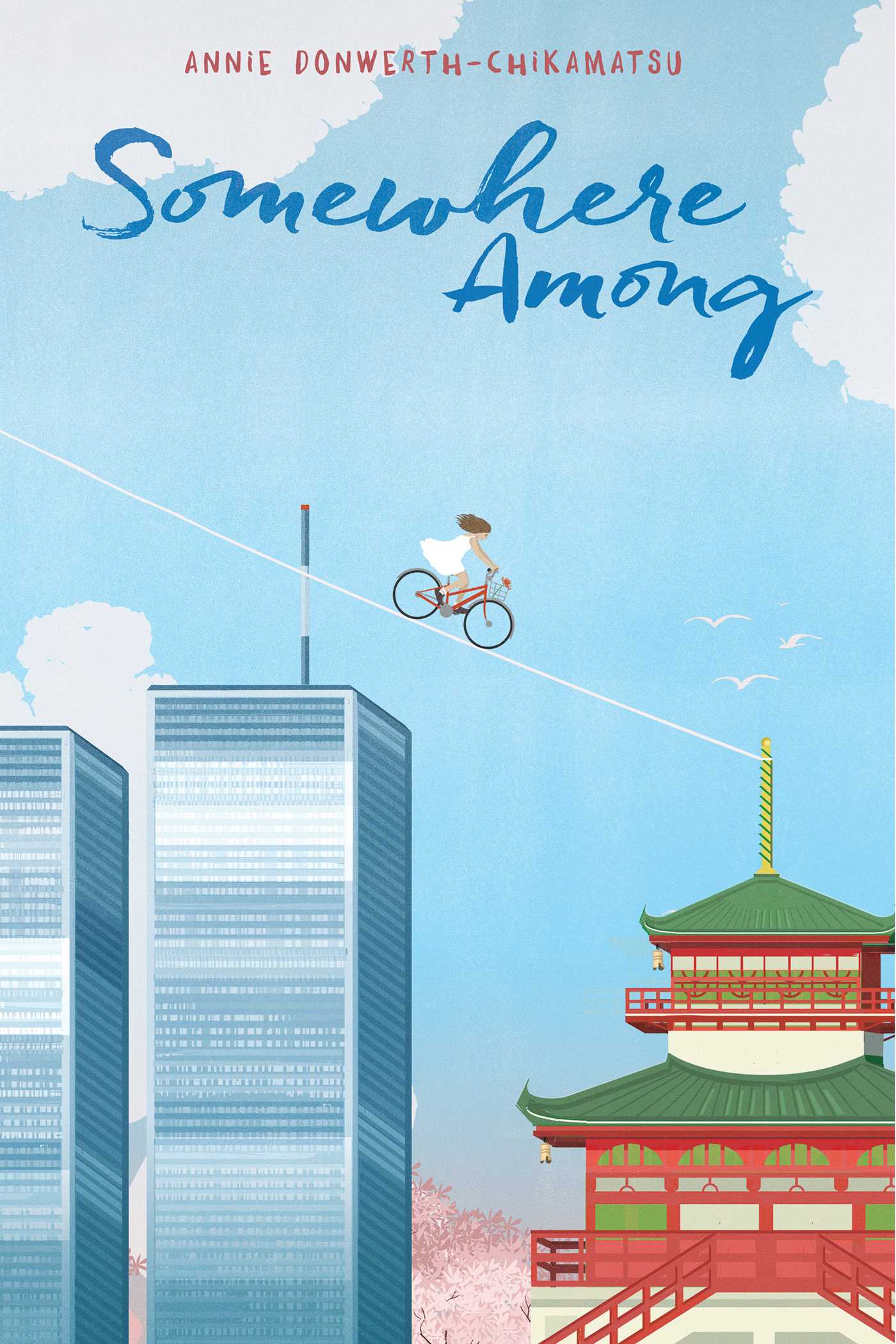
Buy This Book
“I tell her I am trying to put peace in my heart. I tell her I think Obaachan is trying too,” Ema. —Somewhere Among
Somewhere Among
by Annie Donwerth-Chikamatsu
AR Test, Strong Female, Teaches About Culture
9+
Score
5.2
448
Ema is used to spending her summers in California with Bob and Nana, her mother’s parents. But this year, she and her mother are staying with her father’s parents in Japan, as they expect the arrival of a baby. Her mother’s pregnancy has been shaky, making everyone anxious for her health. Despite her mother’s physical wellbeing, Ema is happy because, finally, there will be someone in her immediate family who understands what it is like to fit in and not fit in at the same time.
Ema’s happiness is dashed when Obaachan, her Japanese grandmother, scolds her for the smallest mistakes. When she and her mother must stay in Japan longer than anticipated, and Ema has to attend a new school, her concerns about not fitting in become bigger. And when the tragedy of 9/11 strikes the United States, Ema and her parents watch the Twin Towers fall and the aftermath of the attack.
Her mother grieves for the United States, her home country. Ema also worries about her mother’s health, which threatens the safety of the baby. Alongside the grief, Jiichan gets ill, which worries Ema. Ema feels lonely, but then Obaachan shows a kinder side of herself and reveals the reason for her sternness—she had done so to prepare for her family for the worst.
As a whole, the story occurs from June 2001 to December 2001. Each month has an illustration relevant to a seasonal theme. Each chapter is told from Ema’s perspective, which helps the reader understand her solitude and the Japanese culture from her point of view. The story is written in free verse and portrays a detailed and orderly environment, with the descriptions grounding the reader in Ema’s headspace and forestalling confusion about Japanese folklore, language, and cultural norms. Though Ema is lonely, she is a happy and optimistic child, always taking part in traditional holidays or outings with her parents.
Since Ema lives with a lot of adults, the story details a lot of current events and the repercussions of historical events. Somewhere Among portrays the Japanese perspective on domestic tragedies, such as the bombing of Hiroshima and Nagasaki, and the observance of abroad tragedies, such as the attack on Pearl Harbor. However, the incidents are a backdrop in Ema’s life and the weight of the tragedy is with the adults in the room. Through these incidences, the story reinforces the importance of having “peace among nations/ peace among peoples/ peace in the heart.”
The story also hits on Ema’s identity as a “hafu,” or a person who is half-Japanese. Middle grade readers will relate to Ema, who is struggling to exist in a foreign country. For example, Ema’s classmates scrutinize her because of her mixed heritage. They make fun of her facial features and her name, and ignore it when Masa, a boy in her class, bullies her. In the end, Ema stands up for herself and feels like she has a place in Japan. The story ends on a light note and shows Ema’s family after the end of their struggles. Readers who would like to read more about historical events in Japan would enjoy reading Somewhere Among.
Sexual Content
- None
Violence
- When Obaachan insists Ema’s mother should bathe in warm water, Ema’s mother, tells Ema’s father that “Obaachan is trying to kill us [her and the baby].”
- Throughout most of the novel, Maribeth “vomits” frequently due to her pregnancy.
- Updates about the Ehime Maru, “a Japanese fishing ship/ struck and sunk/ by an American submarine” are shown throughout the novel. In July, “its mast will be dynamited/ girded/ and lifted/ from the sea.” Later, US Navy officials explained their “plans to bring/ nine boys and men. . . up from the sea.” After searching for the sunken fishing ship and failing to rescue the crew members, “one hundred and twenty boxes/ of personal items/recovered from victims…are given to their families…to the principal [of Uwajima Fisheries High School]/ the school flag from the ship/ to the captain/ a bell from the steering room.”
- Five people die from “mudslides/in Japan” after two typhoons go through Japan.
- Masa, one of Ema’s classmates, “rams [her] thigh with his broom.” At first, her grandparents do nothing, but then Obaachan calls the teacher. Her teacher apologizes for Masa’s behavior but says asking Masa’s mother for an apology “is not possible. . . it cannot be helped.”
- When they are in the classroom, Masa bullies Ema aggressively. He asks Ema if she “knows how to use a futon” as if she was a baby. Later, he “grabs, crumples and tosses my math homework.” Masa’s bullying occurs six more times throughout the book.
- On September 11, 2001, Ema and her family watch the attack on the Twin Towers and the Pentagon. “We watch the towers go down/ over and over and over…a plane went down in Pennsylvania/ and/ the war department of the United/ States of America/ in Washington, DC is in flames.” Ema’s mother would not believe the attack happened “until the TV is turned on.” The aftermath and the rescue efforts continue for four pages.
- After 9/11, Nana and Grandpa Bob were scared when they considered traveling to Japan from the United States. “Nana and Grandpa Bob are worried/ about flying./ They don’t say so/ but I know so./ Everyone is/ after seeing planes go through/ buildings/ and down in a field/ on September 11.”
- Ema’s father mentions that George Harrison, a member of the Beatles, a British rock band, has died. “’He was a man of peace,’ Papa/ says./ ‘He knew how to treat people.’”
Drugs and Alcohol
- None
Language
- When Ema’s mother began speaking Japanese, she thought she was saying “Great-Grandfather” to Obaachan’s father, but she was saying “honorable old fart,” because she made a mistake with a vowel.
- Ema’s classmates say she “looks weird” because of her “upside-down crescent-moon eyes” and her skin color, as Ema is half-white and half-Japanese.
- Masa teases Ema with a common mispronunciation of her name. Her name, pronounced Eh-ma, sounds like the word “for wishes and prayers” in Japanese, but most foreigners miscall her as Em-ma, which means “God of Hell.”
Supernatural
- None
Spiritual Content
- Ema’s name “sounds like the name for shrine prayers”
- “Tanabata” is a Japanese holiday on July 7, a day that celebrates the meeting of the deities Orihime and Hikoboshi. The traditions for this holiday are described over eight pages.
- Ema describes her mother as “calm as Buddha.”
- Obaachan goes to a shrine to “pray for Little Sister and Mom.”
- On December 7th, the anniversary of the attack on Pearl Harbor, “Prayers are said/ on all shores.”
- Maribeth goes to a church with Ema, who has “never been in a church,” to light a candle for the lost lives on 9/11. Jiichan prays for “the dead and the living without incense.”
- Obaachan and Ema go to a shrine gate. Obaasan shows her the proper way to pray at a gate. “She bows twice, throws a coin,/ pulls the thick rope with two hands,/ claps twice/…bows once.”
- Ema states that the Americans use the “jack-o’-lanterns/ from pumpkins/ to scare away spirits” during Halloween.
by Jemima Cooke
“I tell her I am trying to put peace in my heart. I tell her I think Obaachan is trying too,” Ema. —Somewhere Among
Latest Reviews

Pride: A Pride & Prejudice Remix

Thieves’ Gambit #1
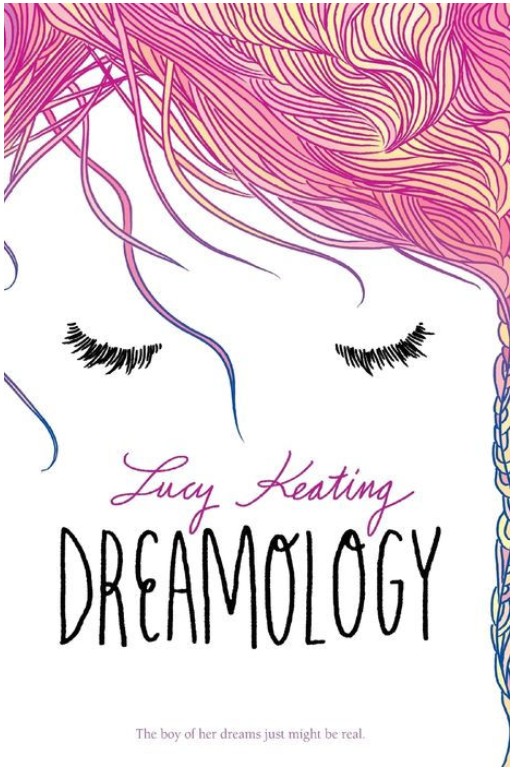
Dreamology
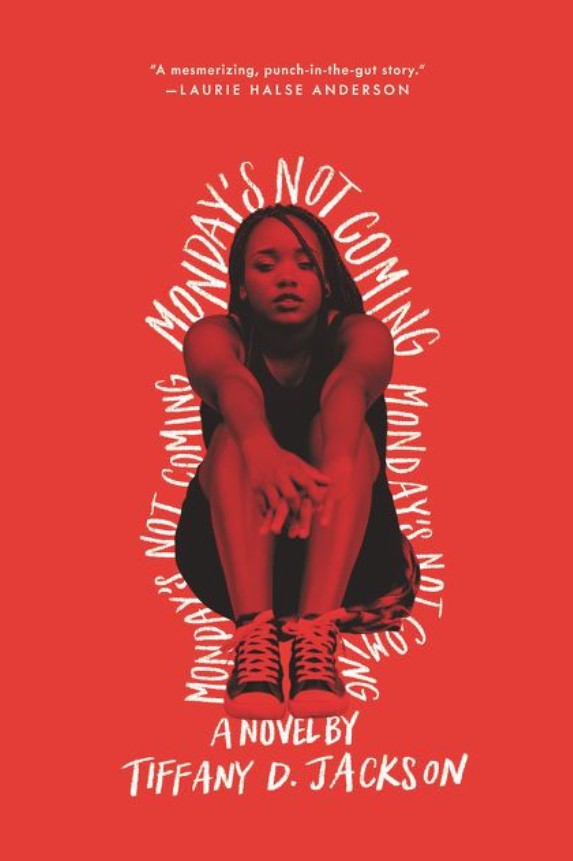
Monday’s Not Coming
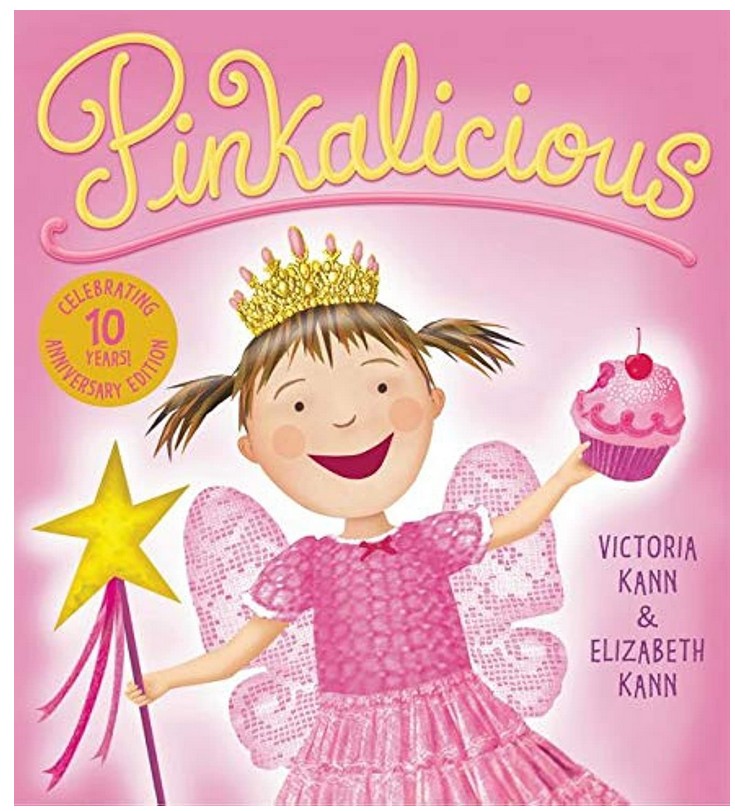
Pinkalicious

Driven

Goodbye Days

Blood of Troy

Will’s Race for Home


